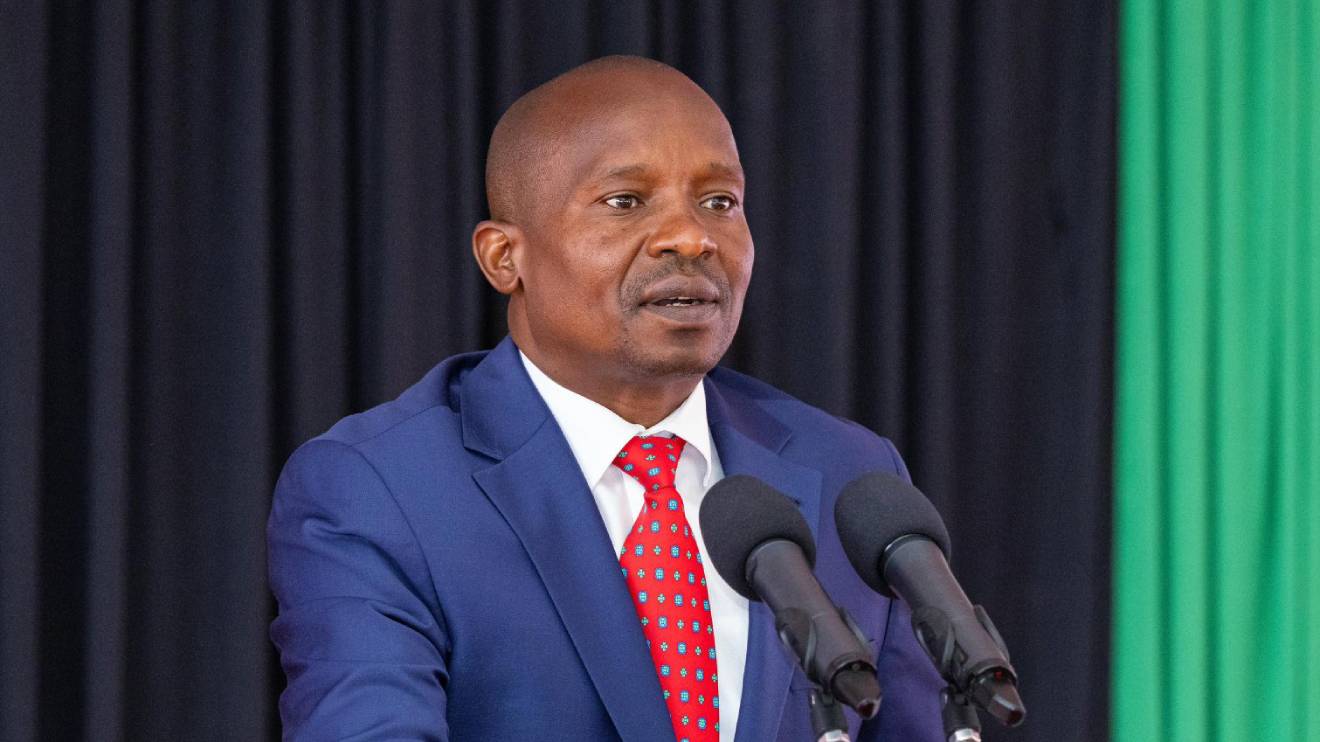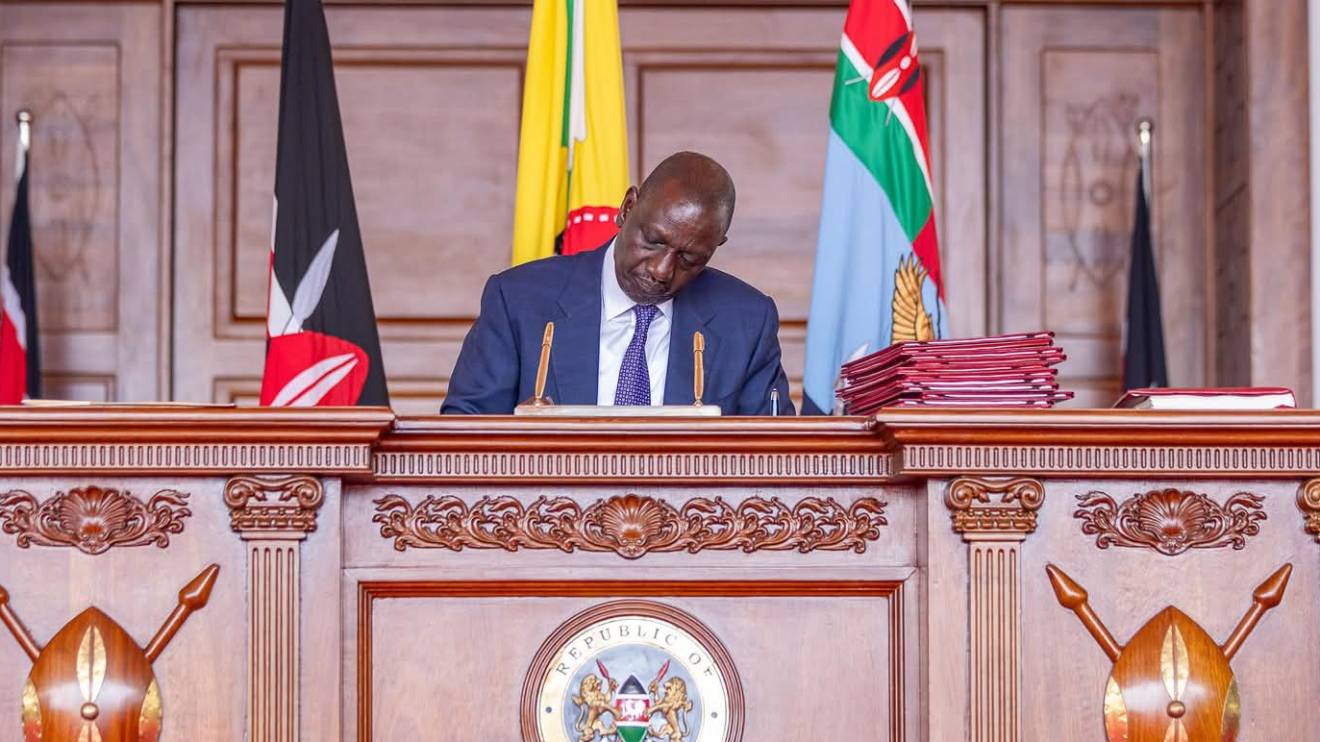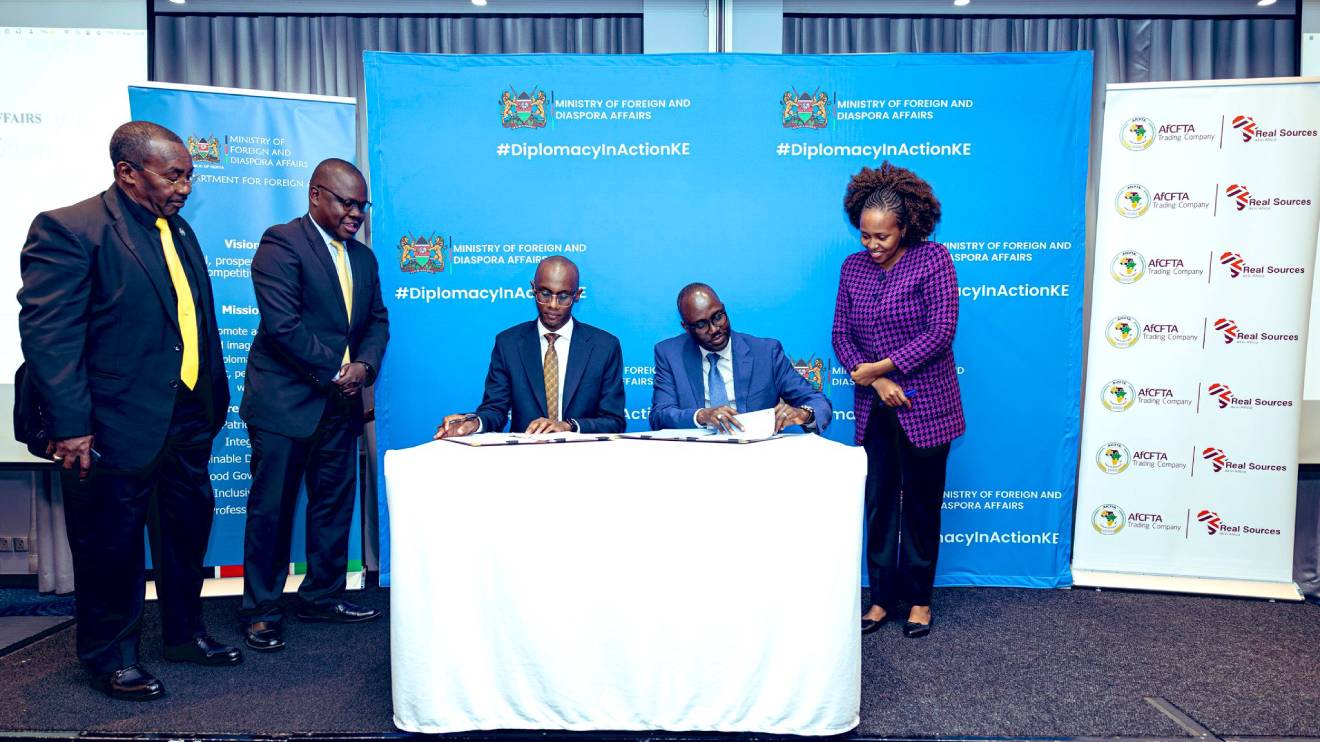The government has unveiled a multi-pronged approach in an effort to eradicate the production, distribution, and consumption of illicit alcohol and drugs.
The announcement, made by Interior Cabinet Secretary Kithure Kindiki at Deputy President Rigathi Gachagua's residence, marks a significant escalation in the fight against these harmful substances.
Recognizing the critical role played by official channels in the potential for contamination, all existing licenses and certifications for alcohol distillers and manufacturers have been suspended.
These licenses will undergo a rigorous vetting process within 21 days. Only facilities with approved Quality Control laboratories, equipped with specific equipment and staffed by qualified personnel, will be allowed to resume operations. These labs will be subject to monthly monitoring and reporting to ensure the quality and safety of produced alcohol.
"All licenses and certification permits for second-generation alcohol and alcoholic beverage distillers and manufacturers, issued by the Kenya Revenue Authority (KRA) and Kenya Bureau of Standards (KEBS) stand suspended with immediate effect," Kindiki stated.
Read More
"All existing valid licenses will be vetted afresh within twenty-one (21) days of this directive, with premises approved to resume operations only upon receipt of fresh approval."
To combat the infiltration of illicit products, alcohol manufacturers will be required to establish a documented and traceable distribution chain.
This will allow authorities to track the movement of alcohol from production facilities to consumers, effectively plugging potential leakages into the black market.
Within 45 days, the Kenya Bureau of Standards (KEBS) will ensure the denaturing of all industrial ethanol.
This process disrupts its suitability for human consumption and drastically reduces the risk of its diversion into the illicit alcohol trade.
County Authorities Empowered, Unlicensed Premises Shut Down:
The government has directed County Security Teams to immediately shut down bars and outlets operating in violation of the Alcoholic Drinks Control Act.
Particular emphasis is placed on establishments located within residential areas and near educational institutions.
Additionally, any outlets exceeding the stipulated operating hours will face similar consequences.
Public Officials and Landlords Held Accountable:
In a bid to dismantle the network facilitating illicit activities, the Public Ethics Act is being invoked.
Public officials involved in the enforcement process are now prohibited from owning or operating bars, either directly or through proxies.
Furthermore, landlords renting space in prohibited areas for bars and liquor stores will be considered accomplices and face legal ramifications.
"In line with the Public Ethics Act, all public officers in the enforcement and compliance chain shall not own or operate bars directly or through proxies," Kindiki emphasised.
"Landlords and owners of premises renting out space for establishment of bars and wines and spirits outlets in prohibited areas pursuant to Section 20(c) of the Penal Code shall be deemed aiders and abetters of crime."
The government takes a zero-tolerance approach by declaring all vehicles and buildings used in the storage, manufacture, or trafficking of illicit substances subject to seizure.
These assets will be considered government property, further disrupting criminal operations.
This comprehensive strategy underlines the Kenyan government's unwavering commitment to safeguarding its citizens from the devastating effects of illicit alcohol and drugs.
The measures implemented aim to dismantle the infrastructure supporting these activities, promote public safety, and protect the nation's future generations.



-1756319289.jpg)




-1756474472.jpg)



